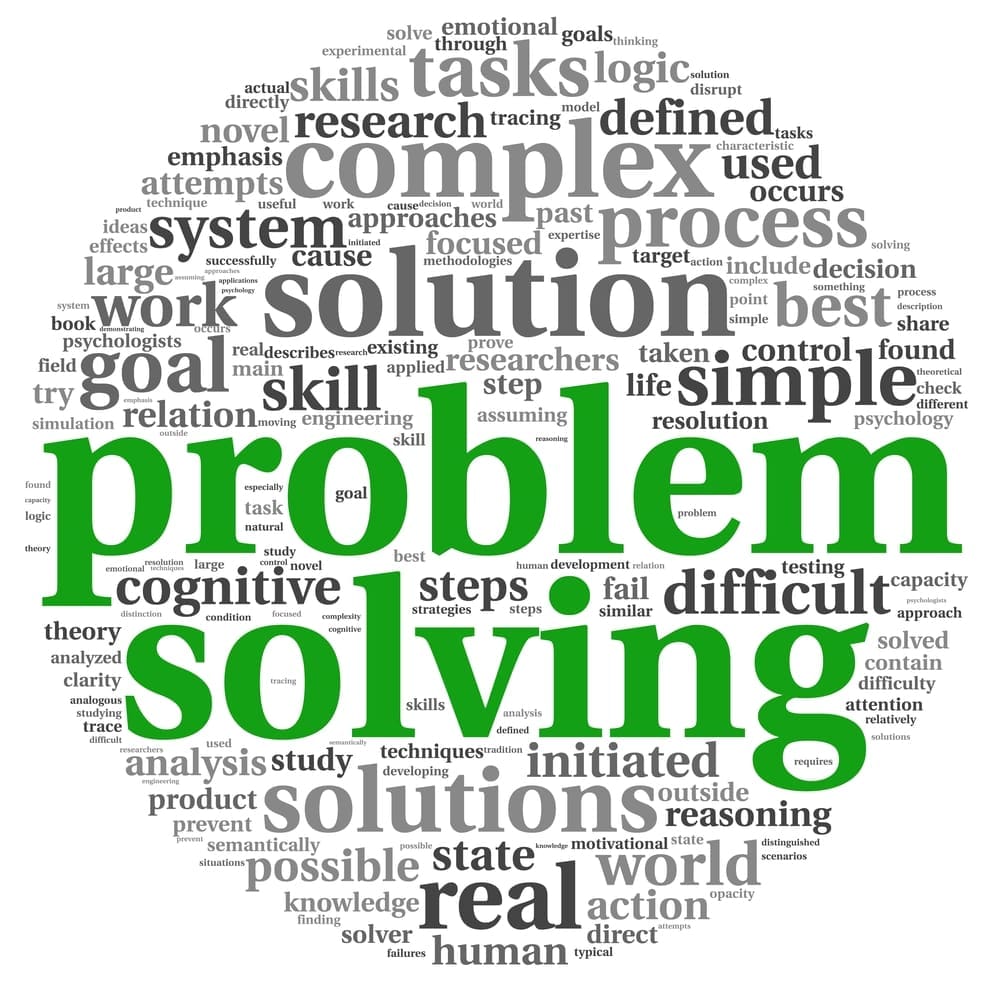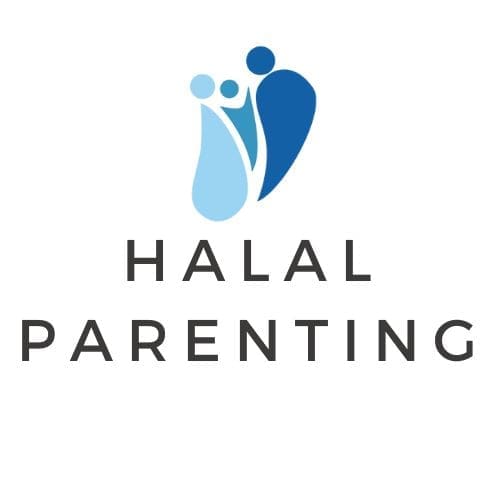Consequences or Solutions: What’s The Right Approach?

Stressors of work, school, and life balance can make it difficult to bring your best self for your family. Sadly, conflicts and disagreements can start to become the norm. The reality is that there is no home without conflicts or disagreements, and families always have issues that need to be handled. But what is the best way to do that – should you be focusing on setting consequences or looking for solutions?
Since our children and ourselves do not live in silos, we need to teach our children problem-solving and conflict resolution skills, which can be a bit hard when we are constantly focused on the problem and looking for who is to blame.
Why do we do this?
It’s the way our brains are designed. Our brains are wired to protect us from things we see or perceive as problems, and not necessarily to face challenges head-on with the mindset of looking for solutions.
It could also be due to the subconscious experiences we had from our childhood; some of us grew up in households where we were blamed, yelled at, punished and accused far more than we were encouraged to make mistakes, discover solutions to our problems and resolve conflicts.
Positive Discipline teaches us how to be solution-oriented when facing challenges in our day-to-day parenting though a Positive Discipline strategy: Focus on Solutions. Our focus when resolving conflicts or addressing challenges should be on finding solutions to the challenges or problems instead of laying emphasis on the problem itself and looking for who to blame.
This way, we are not looking for how to punish a child. Rather, we want to find a solution that is logical, not punitive.

Prophet Muhammad ﷺ focused on solutions:
A’ishah (RA) Narrated:
The Prophet (SAW) took a child in his lap … and then the child urinated on him, so he asked for water and poured it over the place of the urine.
[Al-Bukhari]
Omar Ibn Aby Salamah also narrated:
“I was a little boy sitting on the Prophet’s (SAW) lap and my hand is all over the plate, then the Messenger of Allah said to me: “O boy, say ‘Bismillah’ (In the name of Allah), eat with your right hand and eat from what’s in front of you.”
[Tirmidhi]
Creating a safe environment
Focusing on solutions creates an environment where your kids will be able to solve problems without the fear of blame, shame or pain in the form of traditional discipline methods.
The Foundation for this is “What is the problem and what is the solution?”.
Sounds simple right?
In the first example above, a child urinated on the Prophet (pbuh) and he (pbuh) simply asked for water and poured it over the place of the urine; he (pbuh) did not scold or berate the child or smack him because he knew the child did not do it on purpose, the child was probably not old enough to control his urine or had not been fully potty trained.
In the second example above, this child was most likely older than the second one and the Prophet (pbuh) knew that he lacked the knowledge to eat properly so what did he (pbuh) do; he (pbuh) taught him what to say and gave clear descriptions on how to eat.
This is exactly what Positive Discipline reinforces; Discipline means we TEACH our children when they lack the necessary knowledge and skills, we DON’T punish or berate them for not knowing what to do.
Our children are amazing individuals with a million and one ideas running through their developing brains. They are excellent problem-solvers and have many creative ideas for helpful solutions when we provide opportunities for them to use their problem-solving skills.
As parents, we need to learn how to include our children in finding better ways to solve problems and it is also our job is to TEACH our children how to solve problems by themselves. This way, they can be confident in addressing life’s challenges that come their way.
It might sound strange to you if you are not used to it but focusing on solutions “together” with your child will give you a better outcome than imposing consequences (which is usually disguised punishment) for everything your child does wrong.
One of the most important things to remember when focusing on solutions is to involve your children in the process. This is important because the solution you single-handedly come up with might not solve the problem and involving your children allows them to put on their thinking and problem solving hat which helps their development.
The secret to solving problems by Focusing on Solutions is to ask yourself the following questions;
- Related: Is the solution related to the problem?
- Respectful: Is it respectful?
- Reasonable: Is it reasonable?
- Helpful: Is it helpful?
Remember that solutions are not meant to punish or ridicule. They are supposed to be useful and if the solution agreed on does not solve the problem, try coming up with another one.
Focusing on solutions will also create an enabling environment in your home because you are more approachable, you listen to your children and your children would feel heard and feel involved in the decision-making process.

